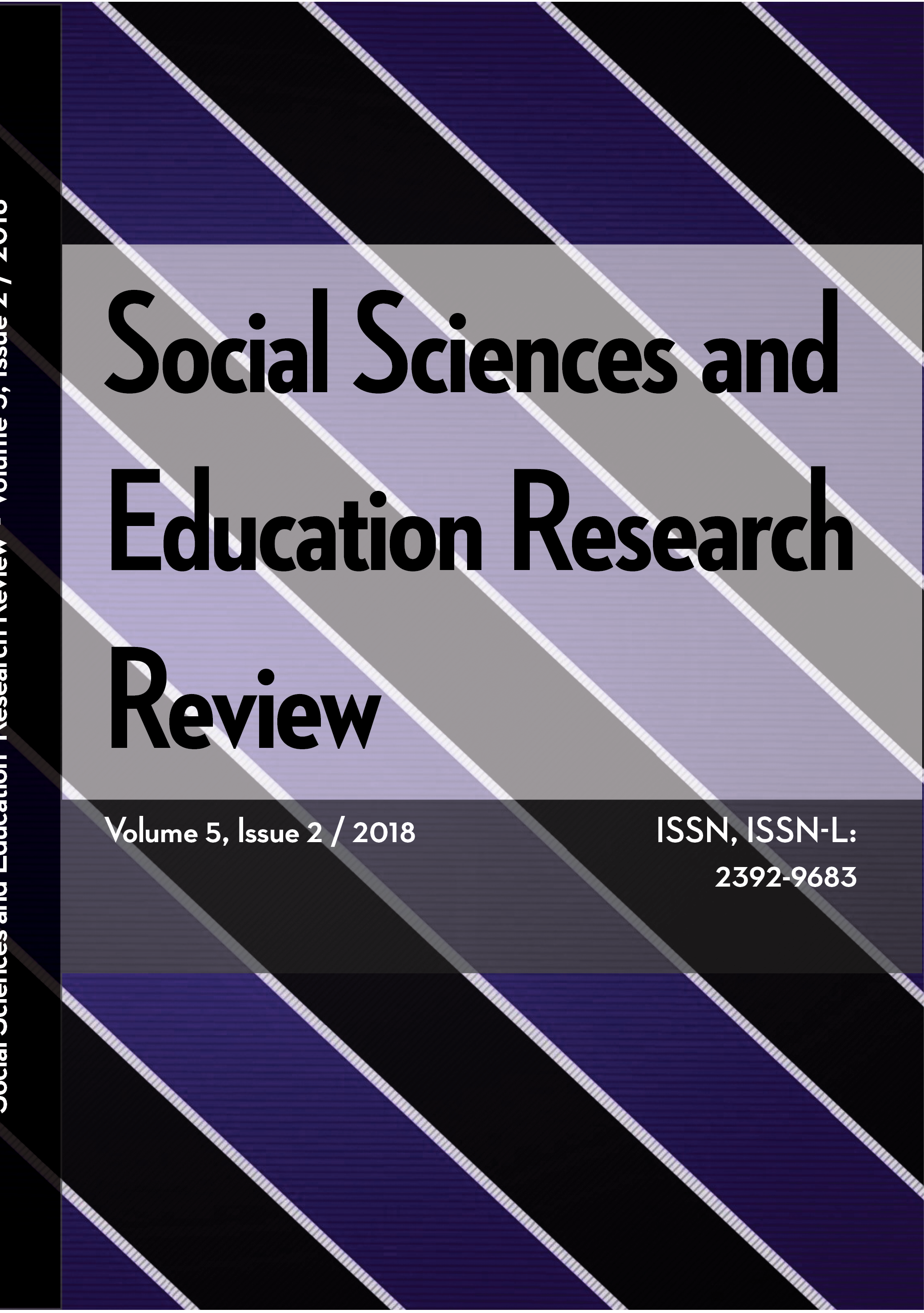SOCIAL PEDAGOGICAL WORK WITH UNACCOMPANIED YOUNG REFUGEES WITH EXPERIENCES OF WAR IN INSTITUTIONAL CARE IN SWEDEN: AN ETHNOGRAPHY-INSPIRED ANALYSIS OF THE NARRATIVES OF YOUNG PERSONS AND INSTITUTION PERSONNEL
SOCIAL PEDAGOGICAL WORK WITH UNACCOMPANIED YOUNG REFUGEES WITH EXPERIENCES OF WAR IN INSTITUTIONAL CARE IN SWEDEN: AN ETHNOGRAPHY-INSPIRED ANALYSIS OF THE NARRATIVES OF YOUNG PERSONS AND INSTITUTION PERSONNEL
Author(s): Goran BašićSubject(s): Social Sciences, Education, Media studies, Communication studies, Inclusive Education / Inclusion
Published by: Editura Sitech
Keywords: social pedagogic; social pedagogue; residential home; care home; expectation; variation; stigma; social comparison; identity; category;
Summary/Abstract: The study purpose was to analyse 1) narratives of young people who experienced a war, fled to Sweden and were cared for and placed in institutions; 2) institution personnel narratives about the day-to-day work of taking care of young people who have experienced war; and 3) interactive patterns contributing to constructing the category ‘social pedagogue’. The material was gathered through interviews with young people in care with experiences of war and with personnel who work with these young people at residential or care homes. The social pedagogic perspective in social sciences stresses including the individual in the community, which gives the individual confirmation of an identity through community participation. Successful interaction between individuals is fundamental for achieving community integration of unaccompanied children and young people in Sweden. Analysis of the study’s empirical material reveals major variations in what is expected of a social pedagogue working in institutional care in Sweden with unaccompanied young refugees who have experiences of war. A common denominator is that the mission of and context in which the social pedagogue operates appear flexible enough to enable an individual to play the role in a variety of ways. Only when the individual social pedagogue adopts an active, assertive, independent, personal and relatively strong posture will there be a chance of being important to other professional categories and for the client. In practice, therefore, only when the individual social pedagogue transcends the expectations of the conventional role will there be a chance to be appreciated by other collaborators.
Journal: Social Sciences and Education Research Review
- Issue Year: 5/2018
- Issue No: 2
- Page Range: 6-29
- Page Count: 24
- Language: English

